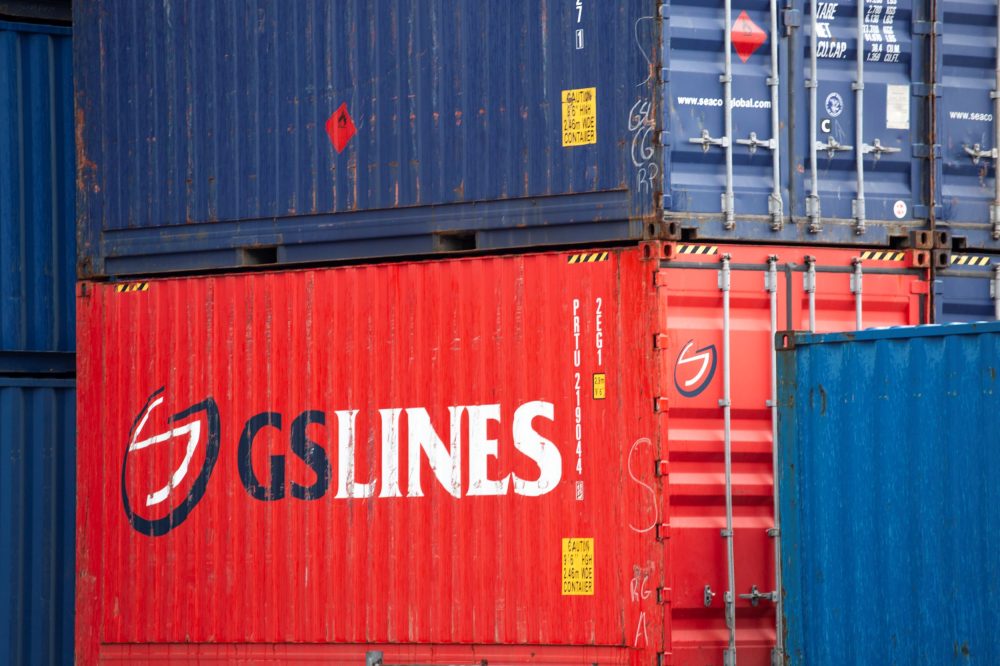US port strike disrupts hamburger supplies, frozen seafood

Chicago | Reuters—Dockworkers striking at U.S. East Coast and Gulf Coast ports are preventing imports of beef that restaurants and retailers increasingly rely on to make hamburgers due to limited domestic supplies, traders and industry members said.
The labour strike blocks everything from shipments of automobiles to containers filled with Guatemalan bananas and Italian wine from loading or unloading at dozens of ports from Maine to Texas. Along with beef, imports of seafood and U.S. exports of chicken are being disrupted.
Read Also

CFIA releases latest on seed regulatory modernization process
The Canadian Food Inspection Agency released a report today on its latest round of industry and expert consultation as it seeks to modernize its seed regulations. This is the third round of consultations. The first, a needs assessment survey, was done in 2021.
Even short-term disruptions to shipments could snarl the broader U.S. food supply chain, according to experts and food importers. If the strike stretches out, the result will be either shortages of some food products, price inflation or both, they said.
More than 50 container ships were already anchored or loitering off dozens of East Coast and Gulf ports as of early Wednesday, compared to just three on Sunday before the strike, according to Reuters shipping data and Everstream Analytics.
“From a supply chain standpoint, this is a nightmare,” said Jason Miller, interim chair of Michigan State University’s department of supply chain management.
The beef sector could see ripple effects if the strike disrupts imports for more than a week, industry members said.
U.S. beef supplies tightened after a severe drought and high grain prices prompted ranchers to sell off their cattle, shrinking the nation’s herd to the lowest level in decades.
The decline in cattle numbers led to soaring U.S. beef prices and a flurry of cheaper imports. Beef imports from Australia jumped 72 per cent through July this year, according to U.S. Department of Agriculture data. Imports from New Zealand and Brazil have also increased.
In anticipation of the strike, suppliers to U.S. grocers and fast food restaurants ramped up imports of frozen lean beef that is mixed with domestic supplies to make hamburger meat, three industry members said.
Dan Sorbello, who imports beef into the Ports of Philadelphia and Houston, said he unloaded containers from vessels more quickly than normal ahead of the strike to make sure he could take possession of the meat and distribute it.
“We’ve got ourselves maybe a week’s worth of lifeline,” said Sorbello, principal for Sorbello Refrigerated Services.
Surf and turf
PanaPesca USA LLC, which imports and exports seafood, also stocked up on extra supplies of squid and shellfish to meet its customers’ needs ahead of the strike, said chief commercial officer Eric Buckner.
Much of PanaPesca’s product in freezer freight containers arrived, but some is still stuck on ships now anchored offshore, he said.
The strike could increase costs for fast food restaurants if it persists more than a week, said Bob Chudy, a consultant for companies that import beef.
“All of a sudden, fast food chains that have been relying on much more reasonably priced lean meat from overseas would be forced to turn to domestic alternatives,” Chudy said.
McDonald’s Corp and Burger King, owned by Restaurant Brands International, did not respond to requests for comment.
Beef importers could face demurrage fees if the strike persists, costs that may be passed on to consumers, analysts said. Shipments of refrigerated fresh meat, which can be used in restaurant dishes like fajitas, risk spoiling, they said.
U.S. retail prices for ground beef in August reached a record high of $5.58 per pound, according to the latest available federal data.
For the U.S. chicken industry, which relies on exports, the strike is also ill-timed, said Matt Busardo, commodity information firm Expana’s team lead for U.S. poultry.
Domestic demand is waning as consumers switch to eating cold-weather meals like pot roast and chili, instead of grilling chicken, he said. The sector relies on ports such as Savannah to export leg quarters and drumsticks to countries including Angola and Cuba.
Source: Farmtario.com

